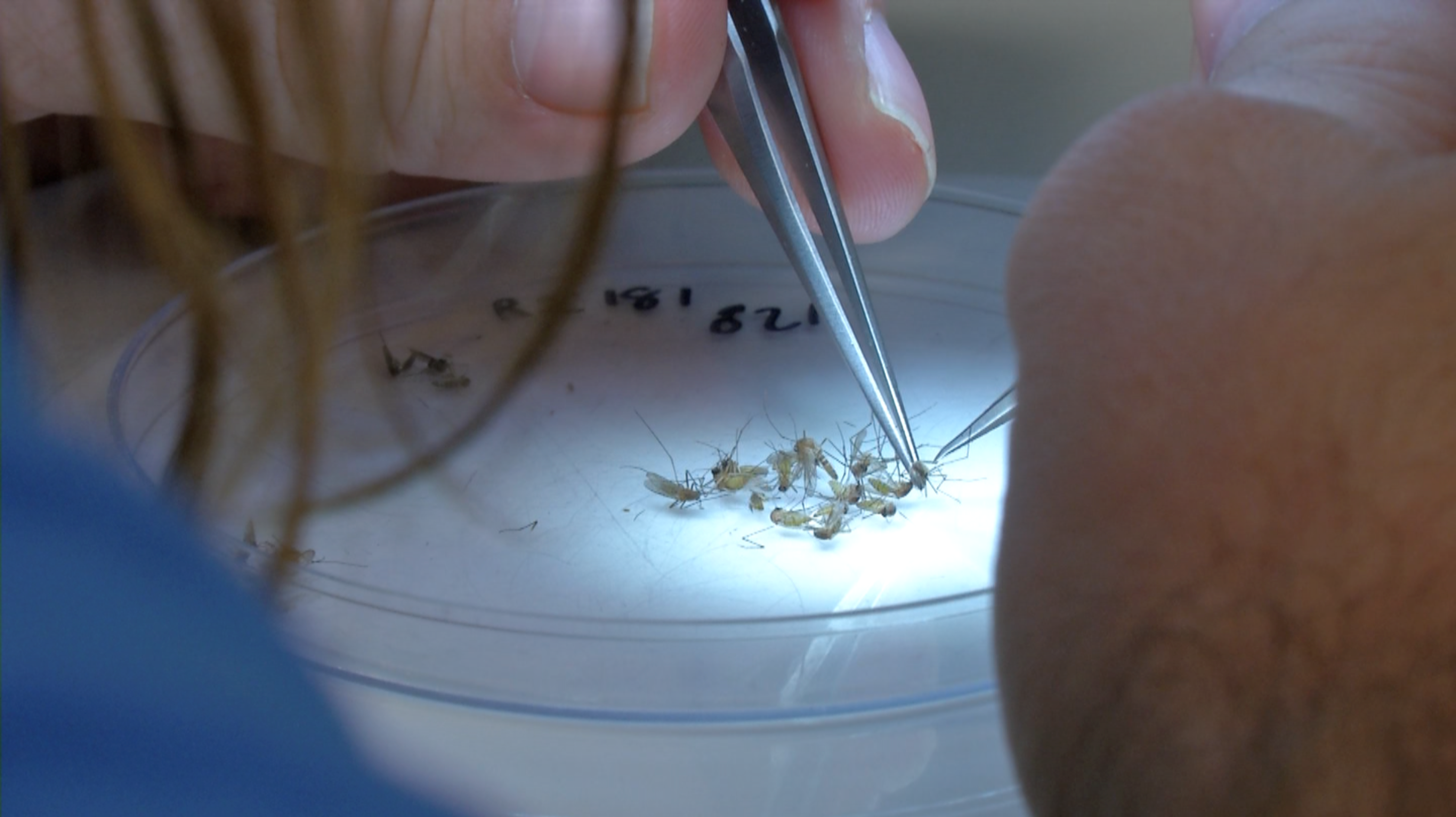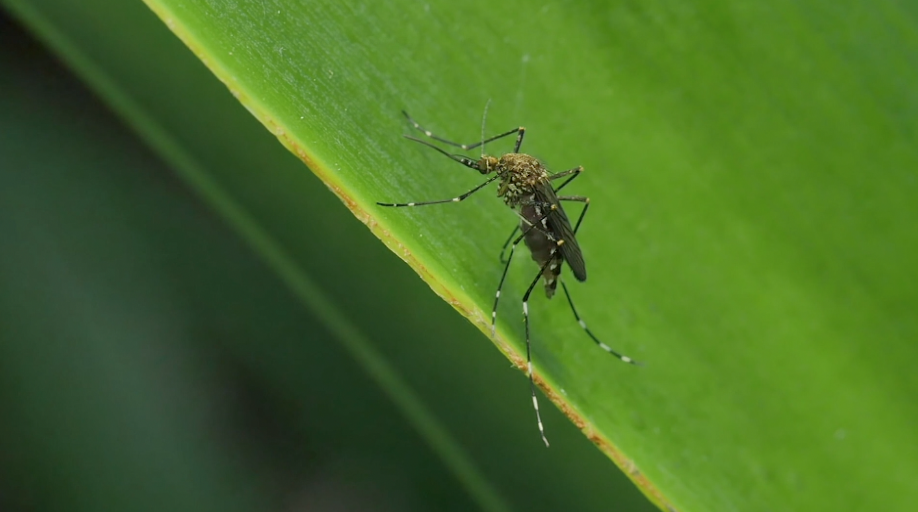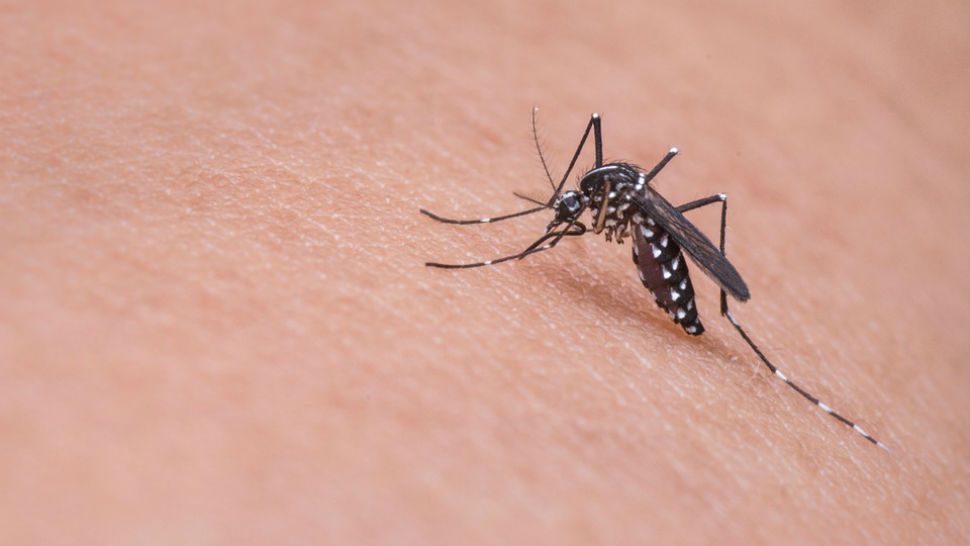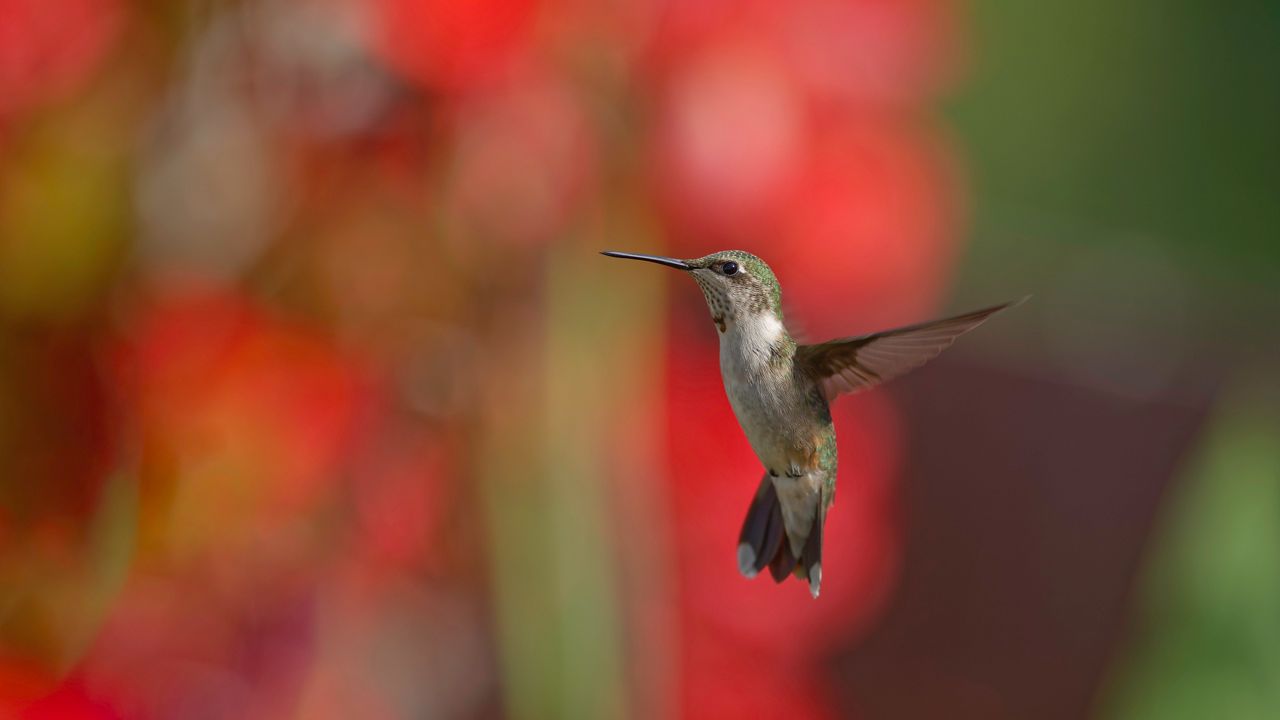Autumn has arrived but mosquito season is still going strong in New York City. We checked in with the New York City Department of Public Health to talk about these blood sucking insects.
They had some surprising news about the mosquito season this year in the Big Apple.
After getting several bites around the backyard fire pit this summer, I started to think more about mosquitoes. To help scratch my itch for information on these pests, I turned to the New York City Department of Health and Mental Hygiene.

The biggest surprise in our interview was that this mosquito season for New York City was significantly lower than last year.
This summer was wet in NYC with two of the three months having above-average rainfall. Mosquitoes like it wet and breed in stagnant and standing water.
I asked the spokesperson for the Department of Health and Mental Hygiene for a theory on why the mosquito season was an easy one but they couldn't pinpoint a reason.
Officials didn't mention this as a factor but perhaps bats are part of the why there were fewer bites this summer.
Bats love to eat mosquitoes. On average, bats eat between 6,000 and 8,000 insects every night.
There are five species of bats found in NYC. They are the Little Brown bats, Big Brown bats, Hoary bats, Red bats, and Silver Haired bats.
To help reduce the number of mosquitoes in your neighborhood, the Department of Health and Mental Hygiene recommends eliminating standing water when possible. Some sources of water which is are the breeding grounds for these insects are empty cans, pots, bird baths, kiddie pools, and old tires.
New Yorkers can report standing water in their neighborhood by dialing 311. Also, keeping your grass and yard neat and trimmed can help. Mosquitoes like areas that are overgrown because they provide shade during the sunny parts of the day.

After my talk with the experts at the New York City Department of Health, I feel ready to head out and enjoy the autumn evenings around the fire pit. I'll be ready with pants, long sleeves and bug spray.
It's better to be prepared than to be scratching.








